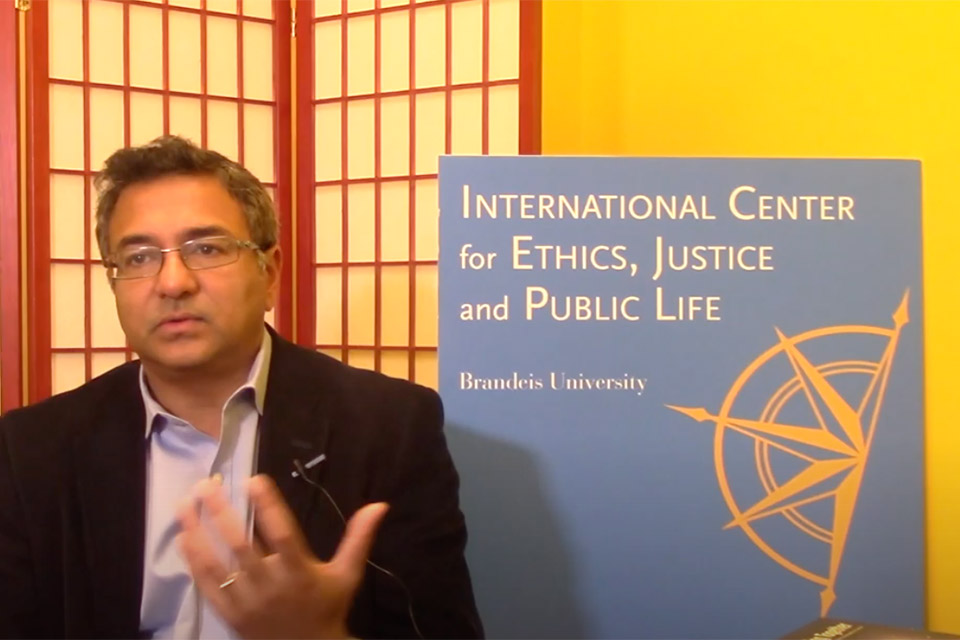The Distinct Power of Arts to Transform Conflict
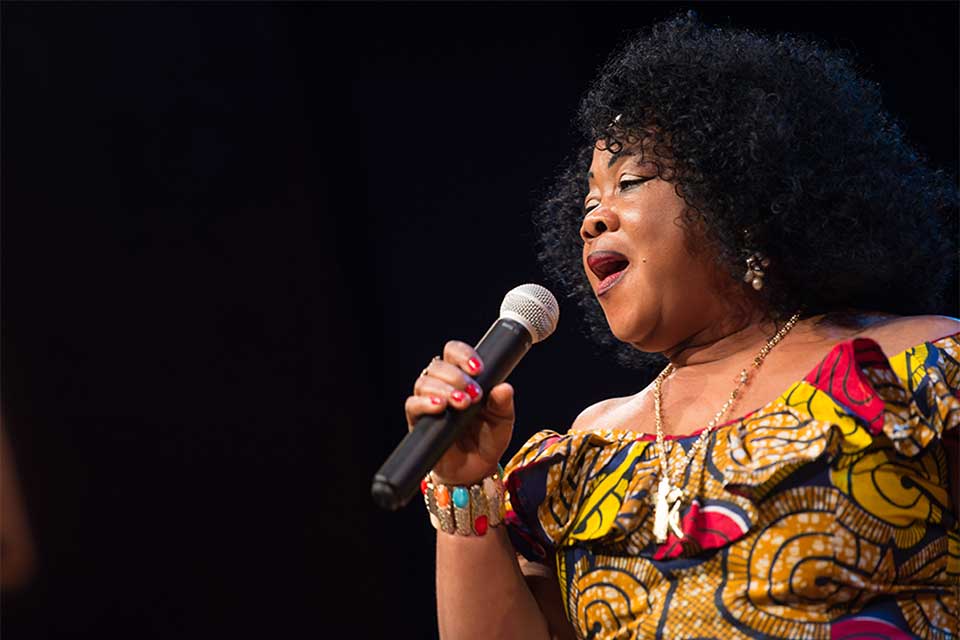
Tokay Tomah, a Liberian singer and dancer, defies ongoing violence and supports movements for peace.
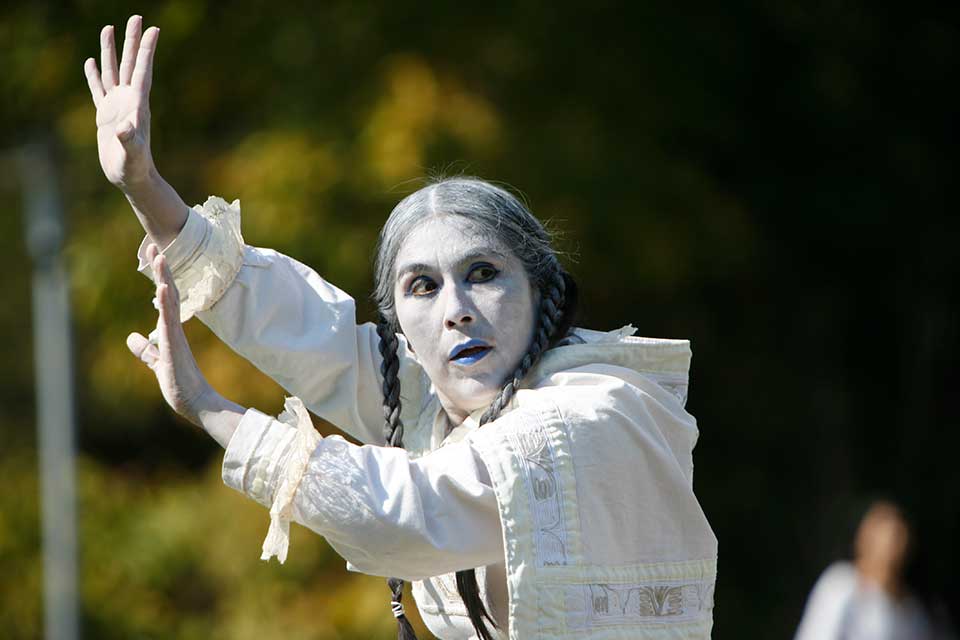
In Peru, Grupo Cultural Yuyachkani opens doors for witnessing, truth-telling, healing, and enacting transitional justice in the aftermath of violent conflict.
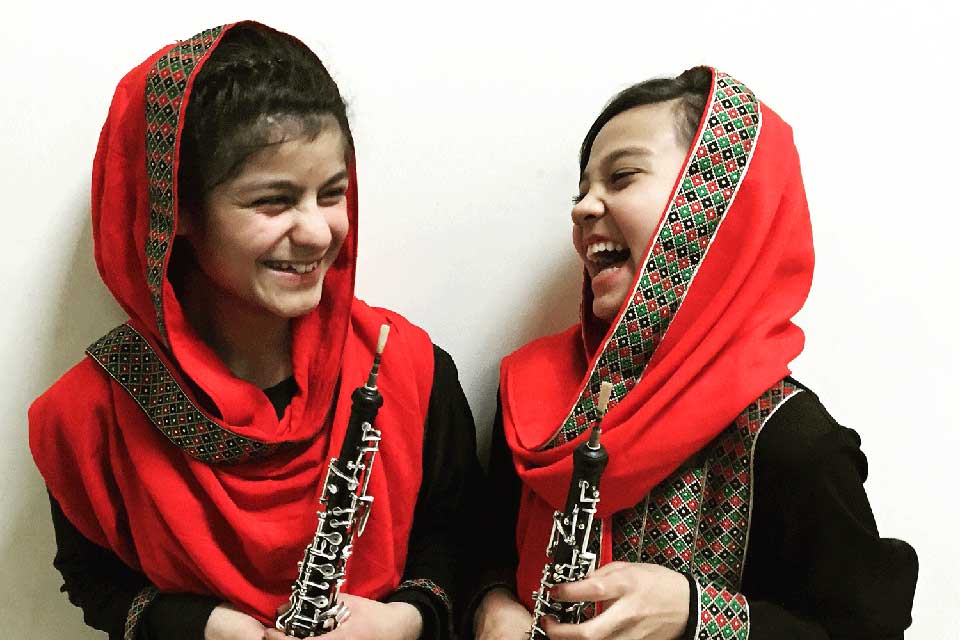
The Afghanistan National Institute of Music supports girls' leadership while preserving cultural heritage and building inter-ethnic trust.
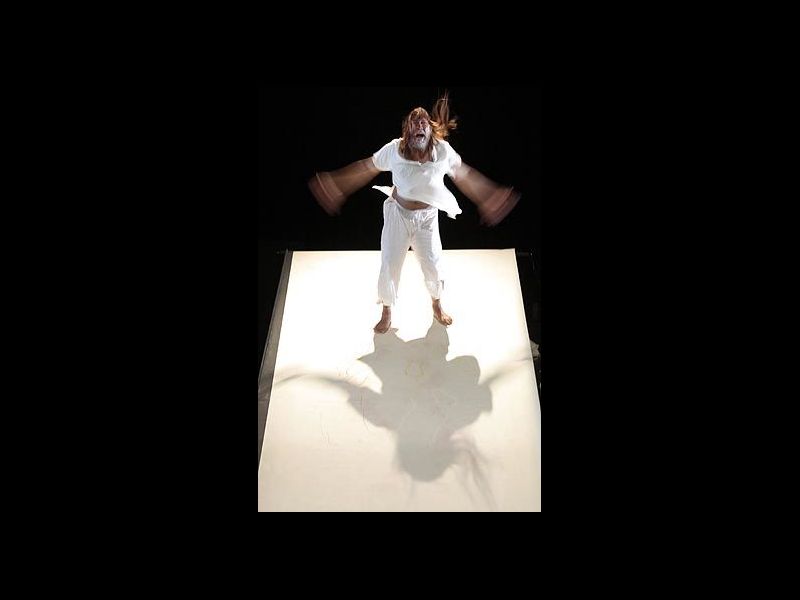
The Lamenting Forest performance confronts environmental exploitation and community devastation in Indonesia.
Humanity dignifies, restores and re-imagines itself through creating, performing, preserving and revising its cultural and artistic life.
In the face of violent conflict and related challenges — including environmental degradation, inequality, authoritarianism, forced migration and marginalization — cultural heritage, cultural practices and the arts can be crafted to:
- Bring attention to urgent concerns and difficult truths.
- Draw on local sources of strength, meaning, knowledge and resilience.
- Address conflicts.
- Facilitate communication and cultivate empathy, with or without shared language.
- Reconcile former enemies and work toward trust.
- Resist oppression and violations of human rights.
- Memorialize the past and support trauma healing in ways that revitalize.
- Imagine and give substance to a more vibrant, less violent, more rights-respecting and peaceful future.
Aesthetic experiences and cultural practices reveal values and ethical commitments, enrich learning by linking thoughts with senses and emotions, and invite new ways to make meaning by reflecting on and experimenting with paradox and complexity.
- Why Do We Need Creative Approaches to Peacebuilding?
-
Current Projects
-
IMPACT: Imagining Together
- Invite|Affirm|Evoke|Unleash
- The Distinct Power of Arts to Transform Conflict
- Values and Ethical Aspirations
- Strategic Priorities and Plans
- Our History
- Learning Exchanges
- Convenings
- Thinking Partners Initiative
- People
- Reports
- Partners
- Get Involved
- Acting Together Project
- The Work of Jane Wilburn Sapp
- Creativity, the Arts, and Social Transformation Program (CAST) Minor
-
IMPACT: Imagining Together
- Past Projects
- News
- Events
- Publications
- Staff
- Contact Us
- COMPACT Home
- Home
News
-
Read the Overview of Culture and/as Sustainability Learning Exchange
-
"Imagine IMPACT: An emerging strategy to strengthen the arts, culture, and conflict transformation ecosystem" (Request by completing the online publication request form.)
Questions or Ideas?
Please contact IMPACT's Project Manager Armine Avetisyan.
